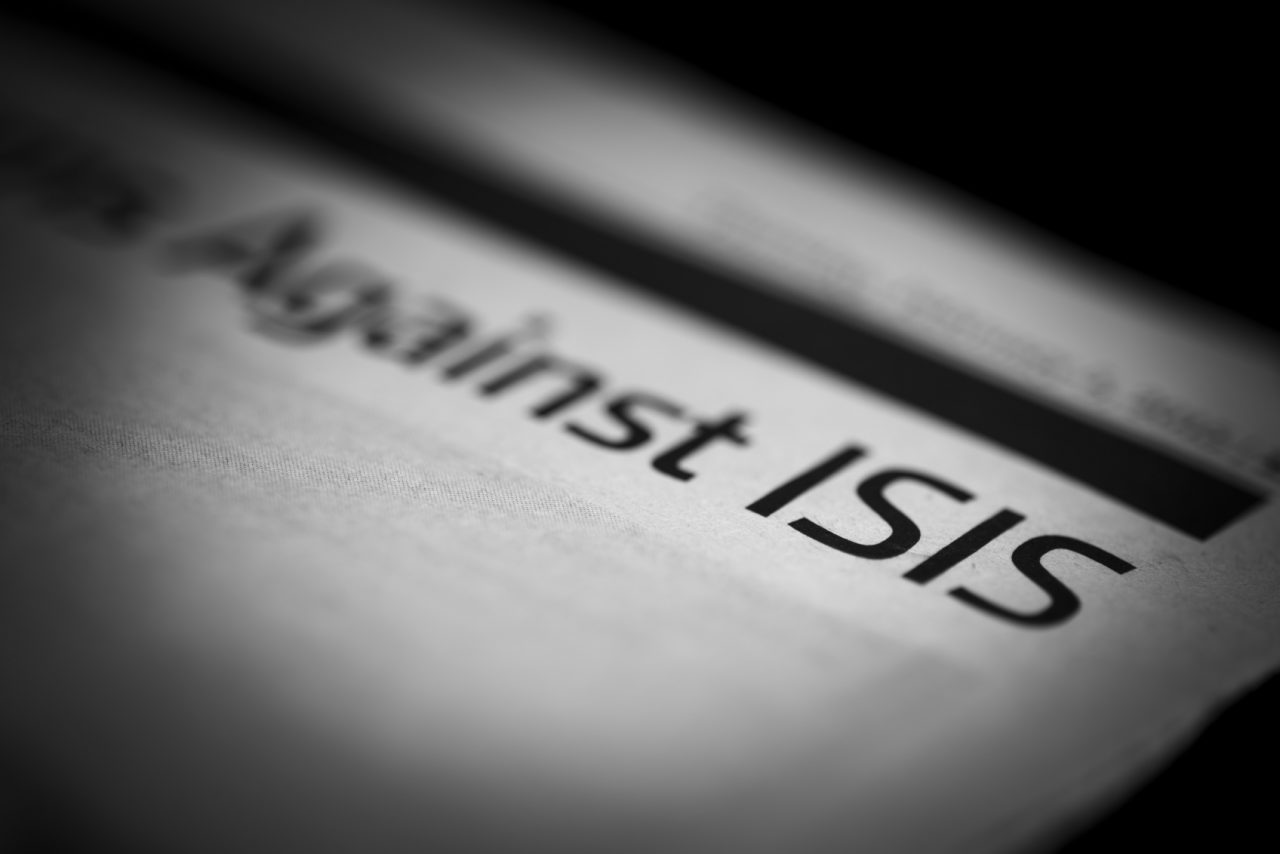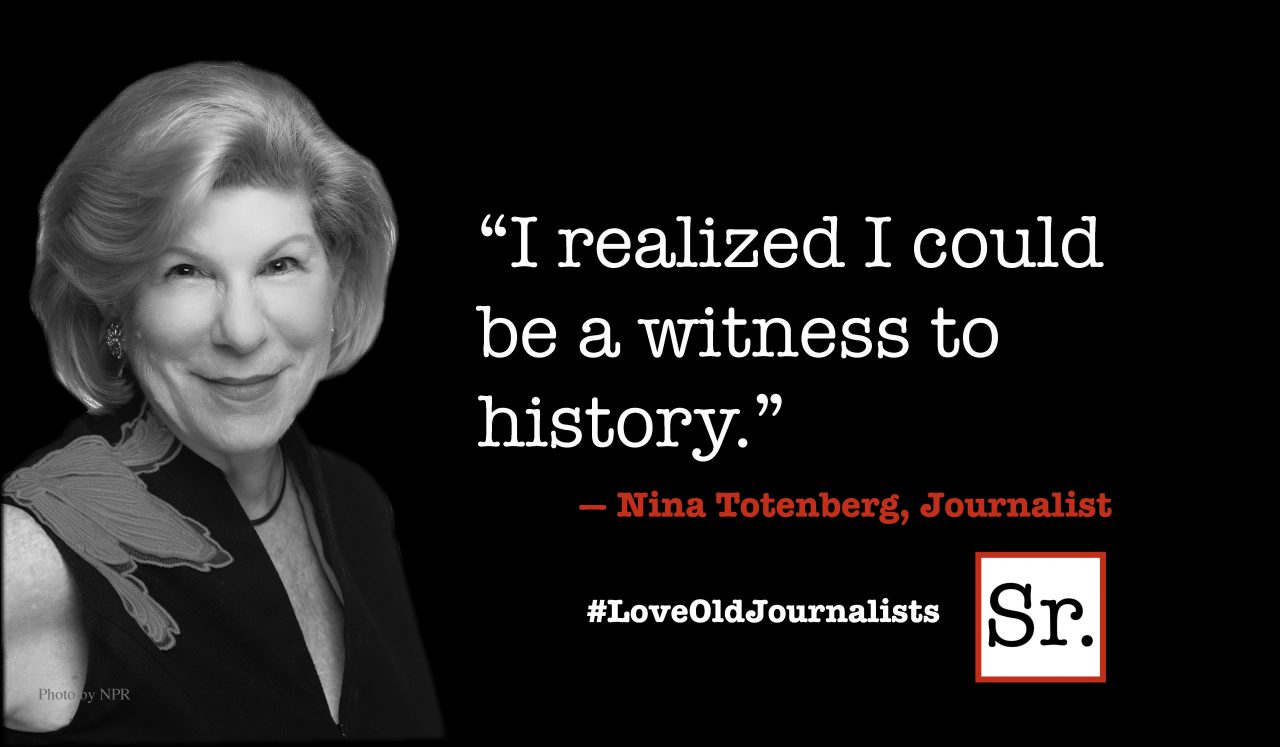The coordinated attacks on a series of venues in Paris produced fear throughout the western world. And that is what they were intended to do. These attacks are another indication that the nature of war has dramatically changed. Terrorists have no territory they are defending, and there are no battle lines. The locus of war can now be anywhere and everywhere. The attacks in Paris hit a few days after the destruction of a Russian plane and all aboard. Compounding the anxiety is the increased success by Isis in recruiting disillusioned young people from around the globe. This new form of war, which dates from 9/11-2001 and even before, provides the avenue for terrorists to escalate both the geographic scope and the severity of the attacks.
Our involvement flows directly from our decision to invade Iraq in what is now almost ancient history. That decision was widely regarded in the Muslim world as our belief that we had both the right and the power to determine the form of government in a series of Islamic nations. What we let loose has come back to haunt us. Nevertheless, in no way does our ill-advised action excuse the evil of the terrorists’ intent and action.
Much of the calamity we now face is what often happens when a violent religious fundamentalism is loosed on the world. It happened when Pope Urban II initiated the series of wars against the Muslim world which we know as the Crusades, and continued in the Spanish Inquisition three centuries later. It happened in Canaan when Hebrew fundamentalism generated an invasion with the biblically-reported slaughter of everyone in sight — men, women, children and animals! It is happening now in terrorist attacks by Islamic fundamentalists. Religion at its best is dedicated to peace and justice. That compassionate healing perspective is at the core of what the Judeo-Christian faith is all about, and is also at the vital core of Islam. What is now going on is the worst kind of distortion of the central Islamic conviction. One wonders if these angry terrorists based their anger on their Islamic beliefs, or were they only a convenient excuse?
Nobody seems to know how we counter this new form of nationless war. We can now expect calls for tens of thousands of American troops to be sent again into Iraq and Syria. But to do what? Or will we resort to massive bombings, knowing that the Caliphate we seek to destroy is situated in the midst of civilian populations? But the Caliphate is not a nation and its command and control headquarters can spring up anywhere. The war-weary American people and our international partners are trying to solve the problem with outdated methods in ways that can only exacerbate our ill-advised decisions.
I hesitate to comment on the debacle, realizing I have no wisdom or insight to offer. On the other hand, to pretend that nothing has happened and therefore I have nothing to say would be a cowardly denial. We look for wise cool heads to lead us out of the swamp. To this date, none of our politicians has produced such a perspective. The religious leaders of the world are both sidelined and apparently without a clue as to a way out. As distasteful as it may seem, perhaps Vladimir Putin is the s voice with the best ability to speak in this world-challenging crisis. Forbes has just listed him as the world's most powerful person, and President Obama has already met with him in Turkey at the G7 talks. Relying on Putin would indeed be a bitter pill, but to date we have not heard from a more important voice.
As I have previously said, history has a way of catching up to us. We cannot go back and undo our misbegotten invasion of Iraq. We are stuck with our own acts, and there is no remedy or escape from the consequences.
Eons ago clubs gave way to swords, and swords to firearms, and firearms to bombs, and bombs to atomic arsenals. We have not yet discovered a solution to this current form of terrorism, nor have we found ways to bring about international harmony and peace. But that is a task we must pursue. Failing to do so will be at our peril and at the peril of an ever more frightened world.









